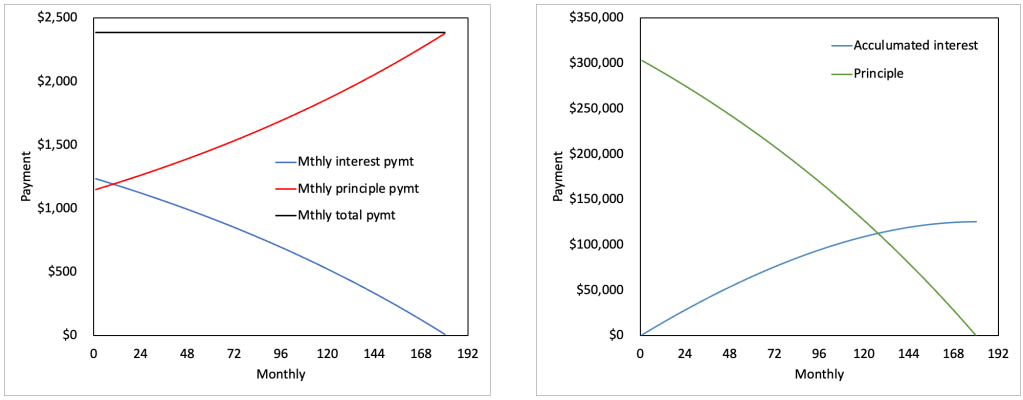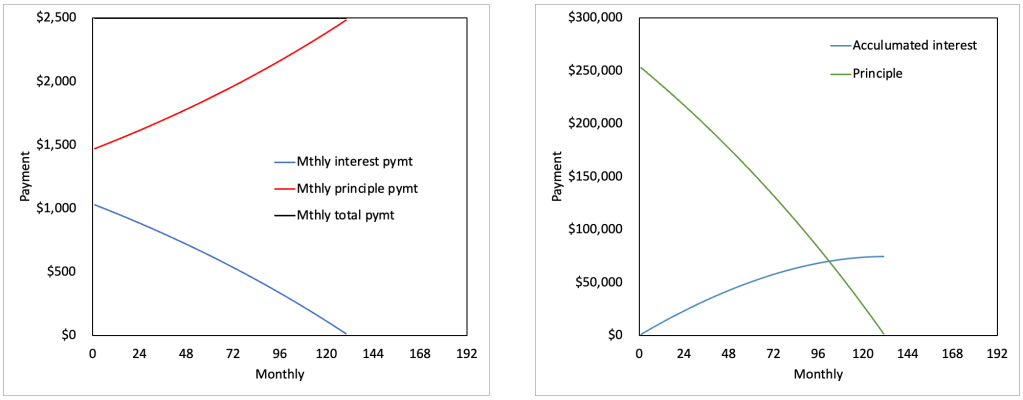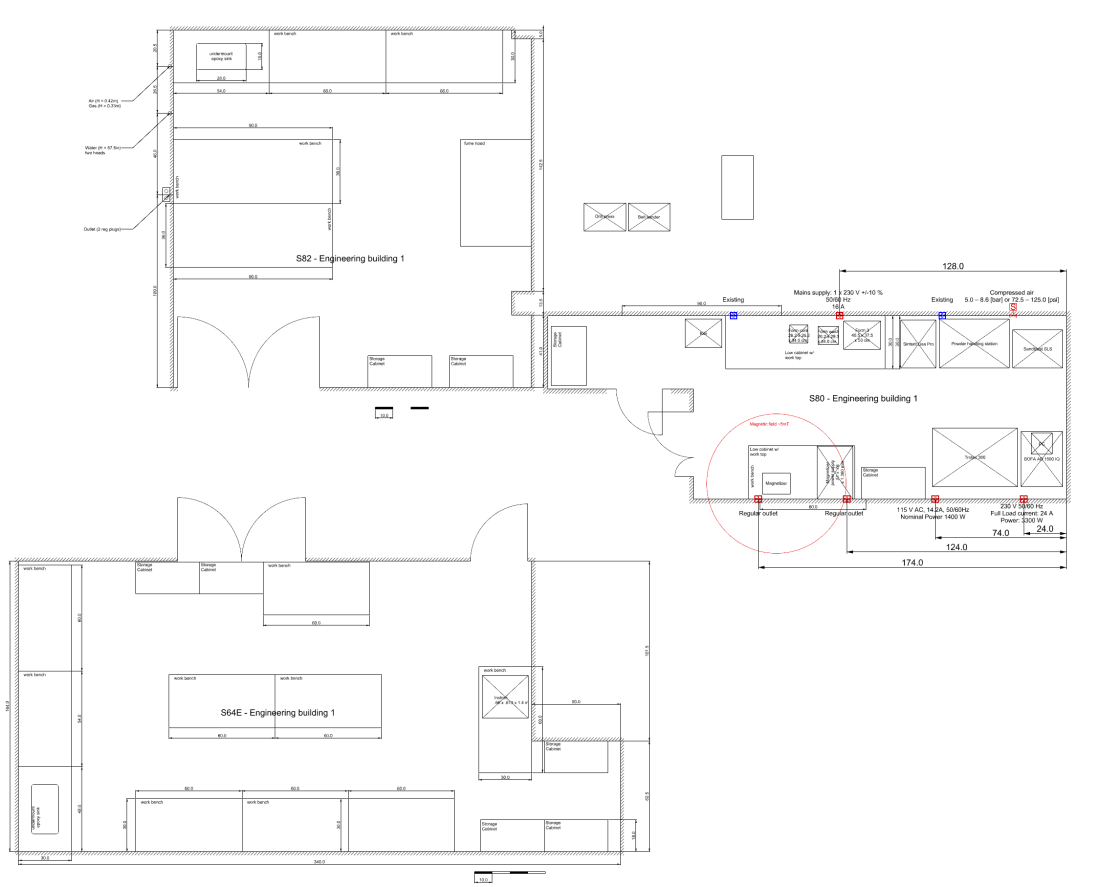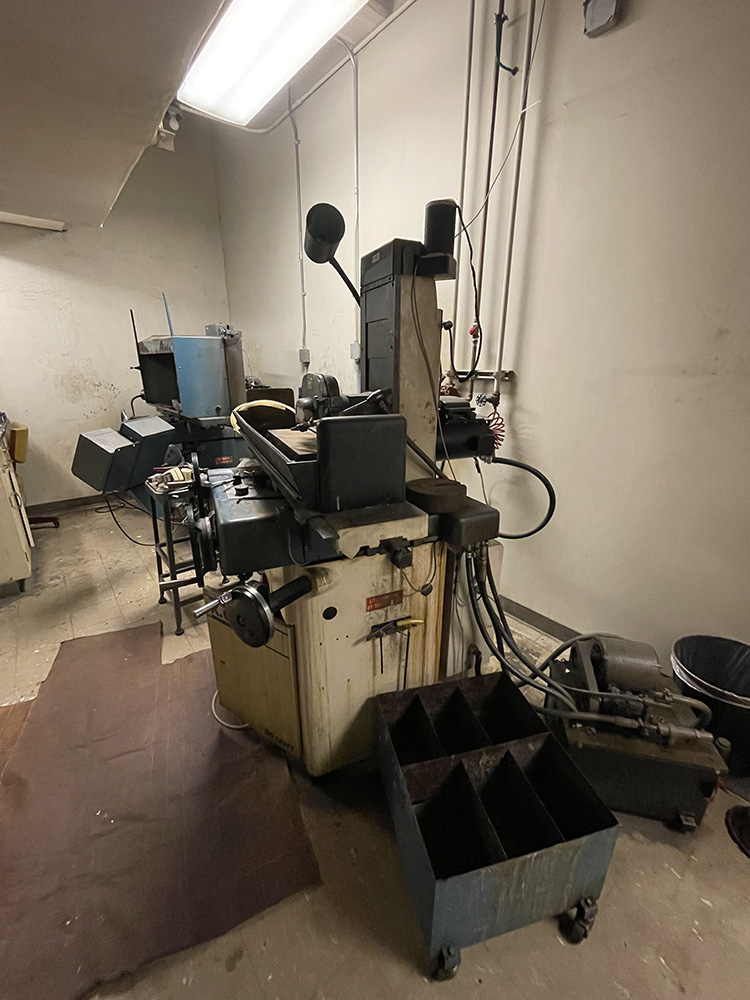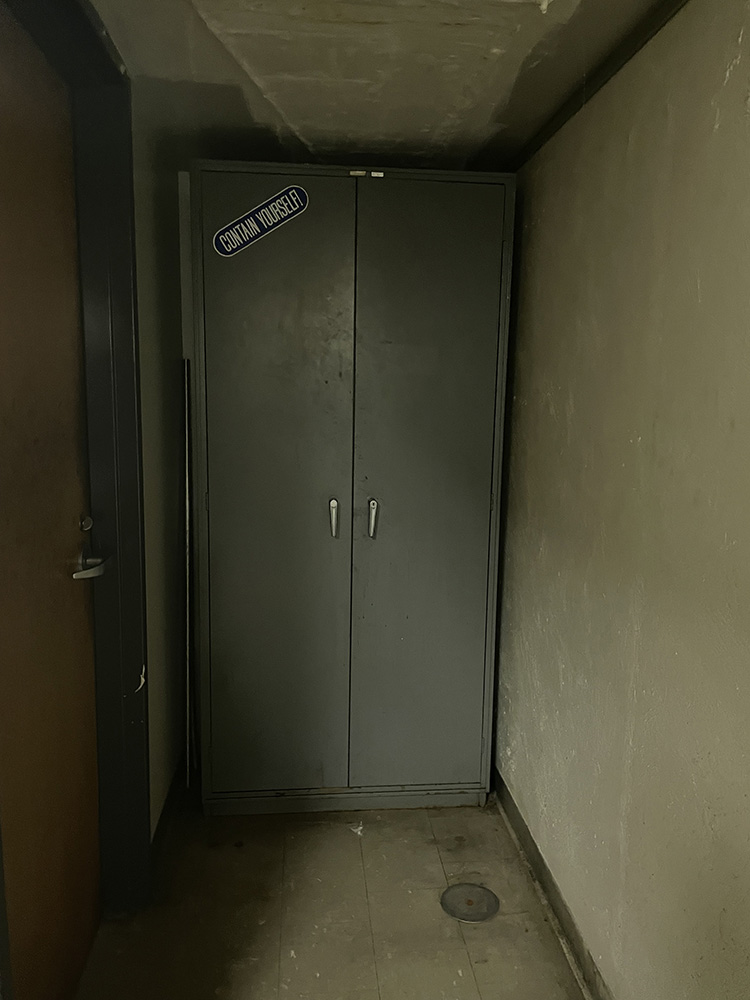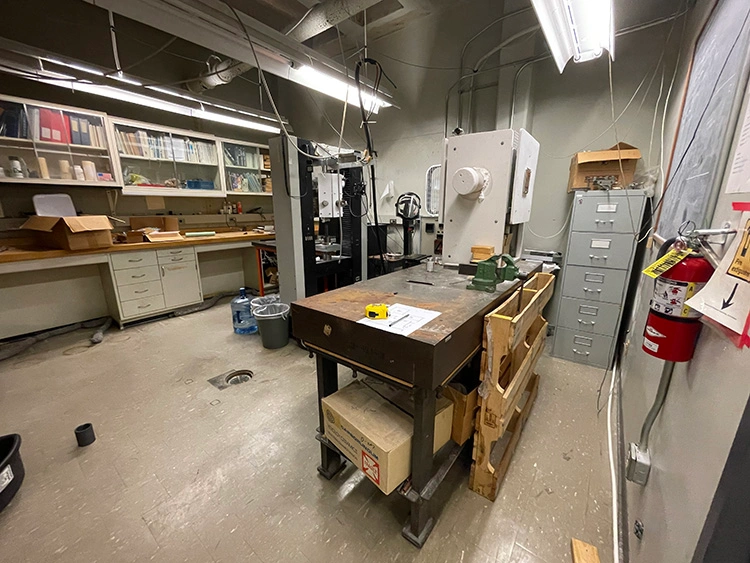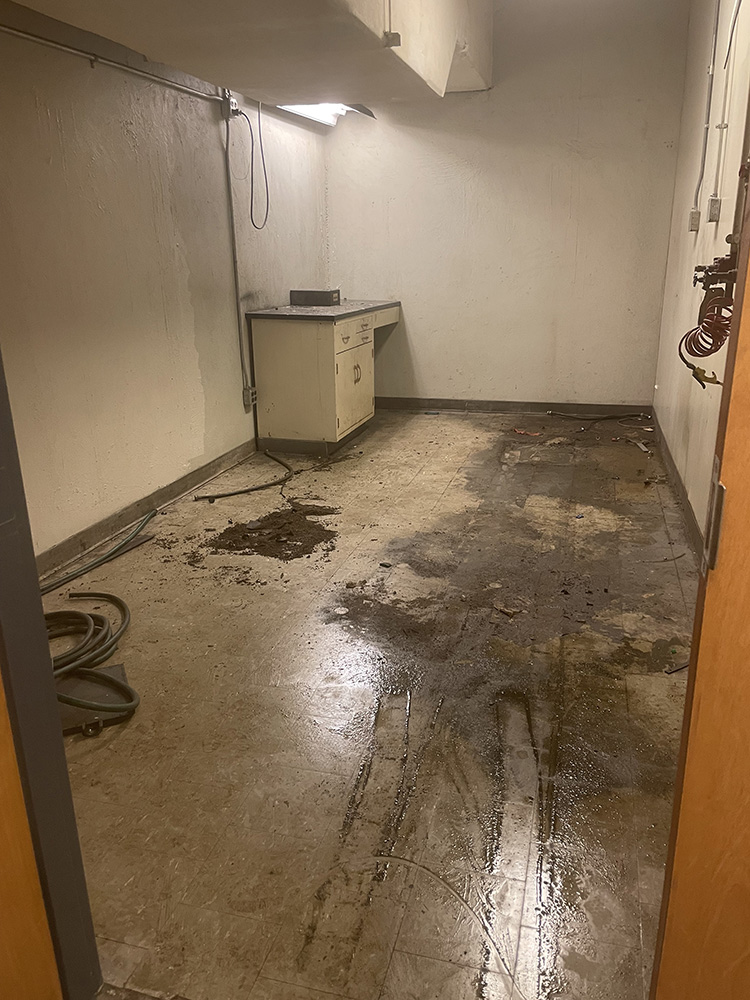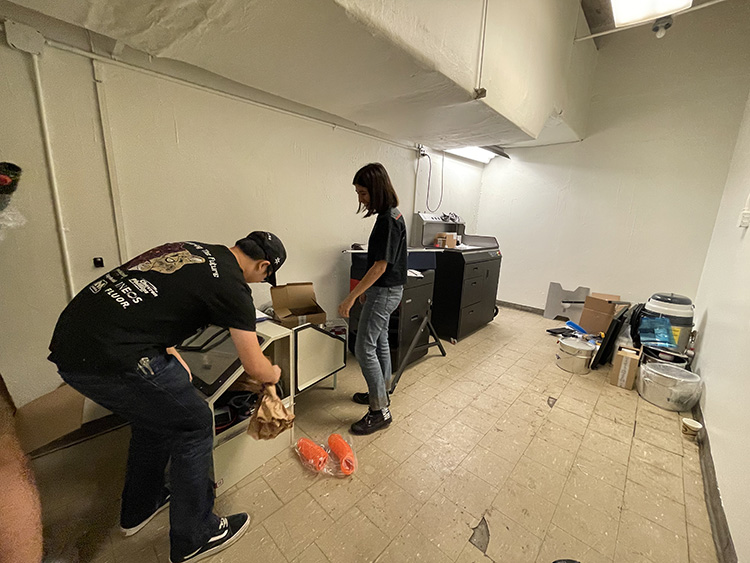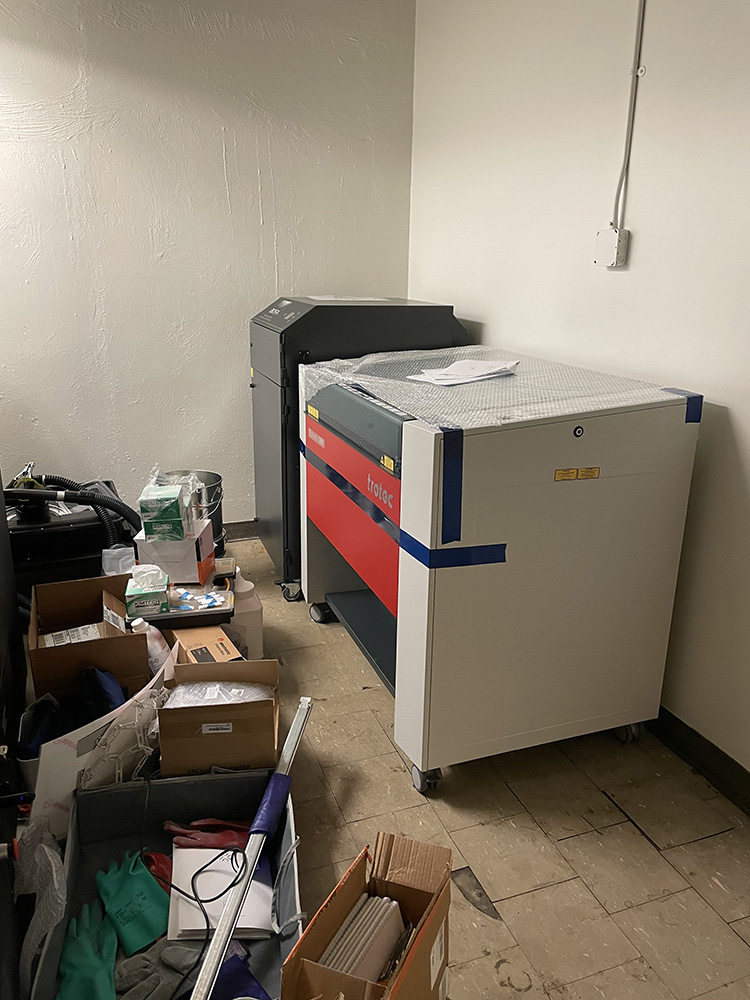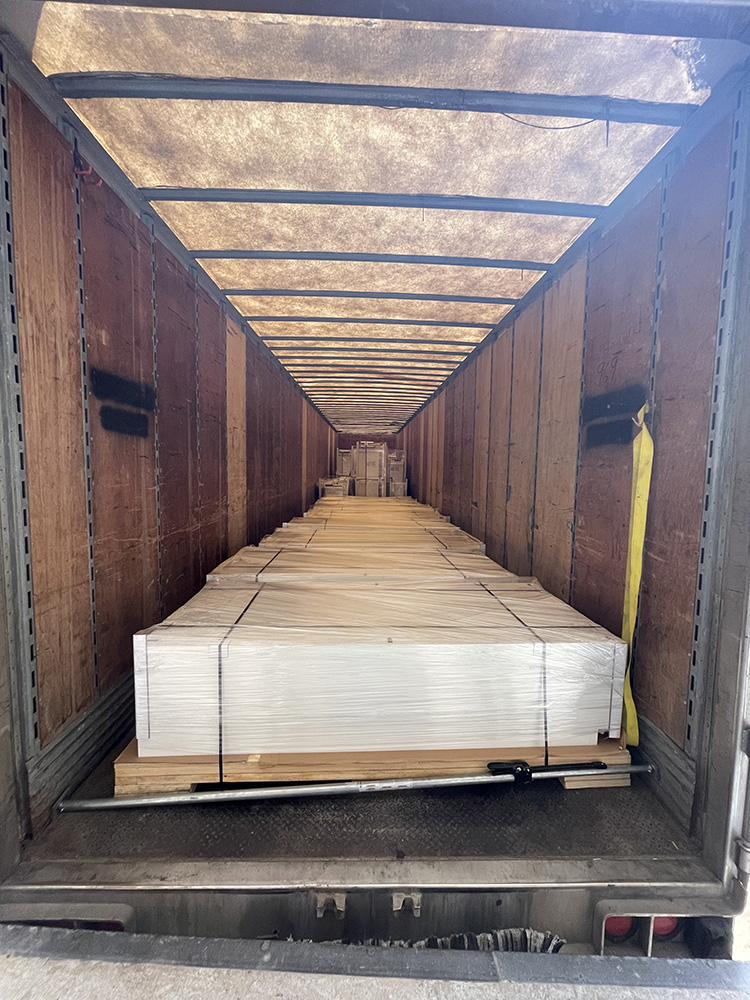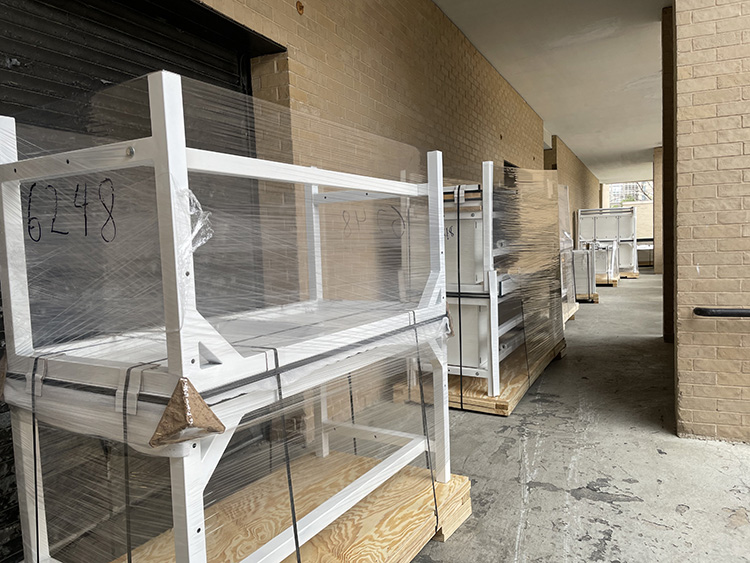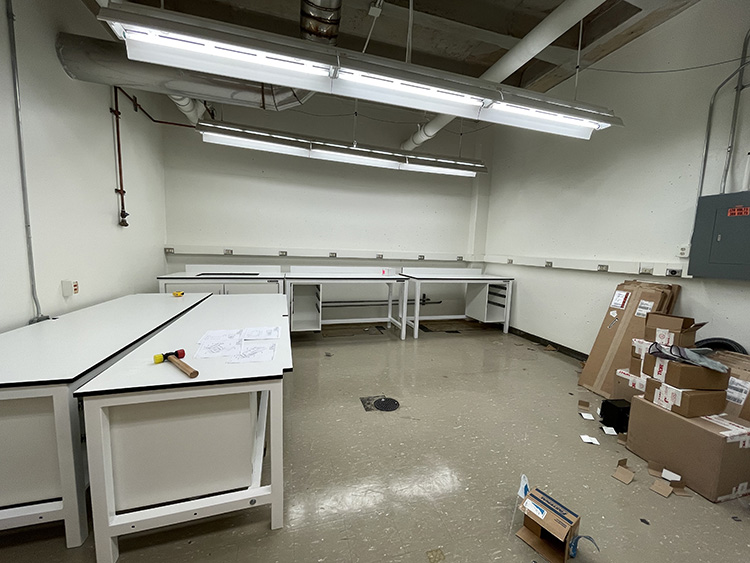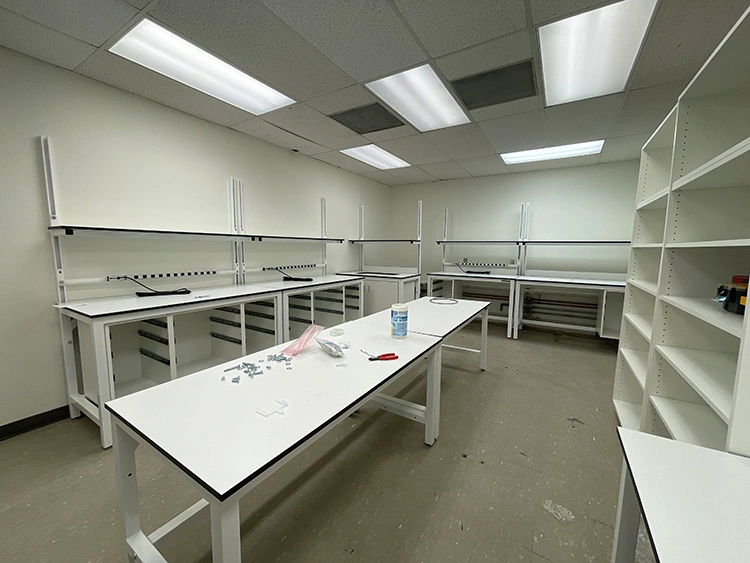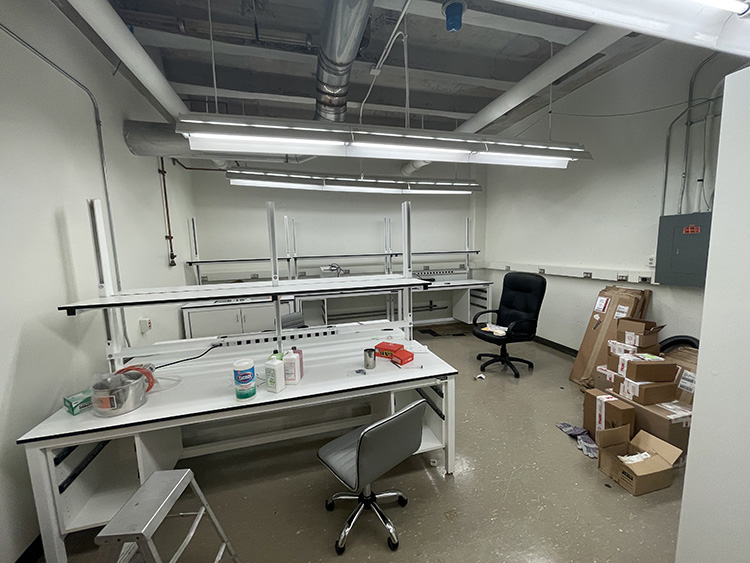The first time I flew, I went from Shanghai to Toronto back in August 2001. I didn’t (still don’t) even know which airline I took, or where the stop over was (I remember there being one, where we had to unload and reload our luggage), or even which ocean we crossed (I suspect it was the Atlantic). I was 13 back then. I didn’t know much, but I knew China was not for me.
Nearly a decade later, I flew across the Atlantic to experience that European life that North Americans kept going on about. And August 2021, I flew back. With every move, every border crossing, I leave some parts of me behind. And at every new place I arrive, they take a bit away from me.
One can gauge how much they want you there by their reception of you. When I arrived in the Netherlands, I was enrolled as a master student and I was paying tuition. We were told to report to a hall at a certain date and time with all the necessary documents. All of us engineering students went through a sort of speed dating with all the services. The banks, the health insurance, the government, dorms, cellphone and internet providers and so on, set up booths in neat rows to process us right there and then. They had already figured out our unique situation (for example, needing a bank account without having a Dutch address) and the process went so smoothly that I felt almost rushed.
When I arrived in Switzerland as a PhD student, things got a bit more complicated as I was actually going to get paid as an employee. But at every stage, whenever I was told “no you need this first”, the person sitting across the desk were unfailingly knowledgable about exactly what I needed and where I needed to go to get what I needed. And they had to endure me starting every conversation with “Do you speak English?” in English.
Neither of these two countries were heavy with immigrants coming from outside of the EU. They simply weren’t immigrant-based countries like the US or Canada. I went to the US to work once before. It was a summer stint at Caltech. The processing was so last minute that I didn’t know whether I would make it at all. This experience is shared with every “alien” I know that tried to get into the US to do research. It is also shared with all the international students I am hiring.
Now comes my most recent move to the US, another decade has since passed. Now given that I had made it before, and people I know also experienced the exact same situation every time, I knew we would most likely make it. But we forget the stress and the mental toll this takes everytime, how the process (intentionally or not) scars and nearly breaks us.
Moving to the US this time has been the single most painful experience in recent memory. At every turn, it seemed that obstacles were erected just to spite me, and mis-informations spread just to confuse me. Essentially someone or something out there was making it as hard as possible for me to feel welcome. I know that sounded like some tin-foil hat conspiracy, so it must be that people were just so indifferent to it all, so perfunctory. At points I wanted to give up and just leave but I do what I do now just to show them that resistance is futile, and that I will prevail in emerging from this cesspool of metaphorical shit. I will surely prevail, but just as surely, I will have a bad taste left in my mouth of everyone and everything in this process. I know this will have a long term effect on my psyche. It is hard not to be cynical or bitter, it is hard to be hopeful and optimistic. It’s hard to be emphatic to others’ plight and their misfortune. It’s hard to have that capacity, after really having to internalize it all. We can do better, we can be more welcoming. We can improve.
The trouble started with getting a visa to enter. My employing institution and its staff members were not sure if I actually needed a visa, or what the differences were between a visa and the H1B status. As a consequence, I was in my hotel room (during a much-needed vacation between my post-doc and my new post) calling the embassy trying to schedule an urgent visa interview appointment. After paying for it, I found out that as a Canadian, I didn’t need the visa.
After arriving in the States, getting paid proved impossible without a Social Security Number (this it turned out, not to even be true). As to how to actually go about getting such a number, no one could tell me. On campus, I was sent around in a literal 3 way circle before I gave up and went directly to the Social Security office. I was told things that simply weren’t true. I was assisted by helpful people who did not know the answer or didn’t even know why I had the question I had. I interacted with people who did not appear the least bit bothered by my plight, and those who paid lip service after the fact. I talked to straight-out xenophobes who expressed delight at making my life as miserable as possible.
I did this not once, but twice, going to an appointment to apply for a very important piece of document (SSN number, drivers license), only to be told that I am missing something (digital copies clearly do not count). I had to then go to a random print shop to print it out (by walking for half an hour under the 30 degree sun), and returning with the document they needed. They were always surprised that I actually went back and did so that quickly.
There were some knowledgeable people, a small minority of them. They were invariably the most friendly, accommodating and efficient. The majority though, were pencil-pushers being indignant when being pointed out that they cannot even push pencils.
In retrospect, it would be quite easy for me to advice another European person coming here exactly what to do. But maybe, they would still go through the gut-wrenching pain regardless. Like the migrants arriving at Ellis Island, this is not supposed to be easy. The privilege of being in the US has to be earned, and every step of the way, this privilege can be easily taken away.
Writing this has been cathartic.

